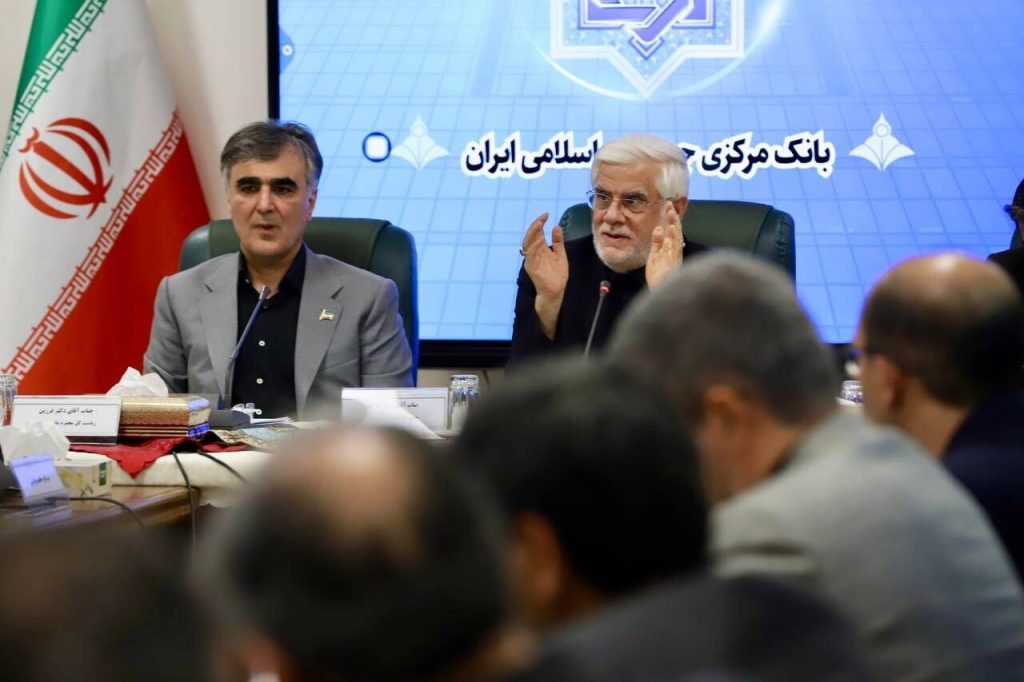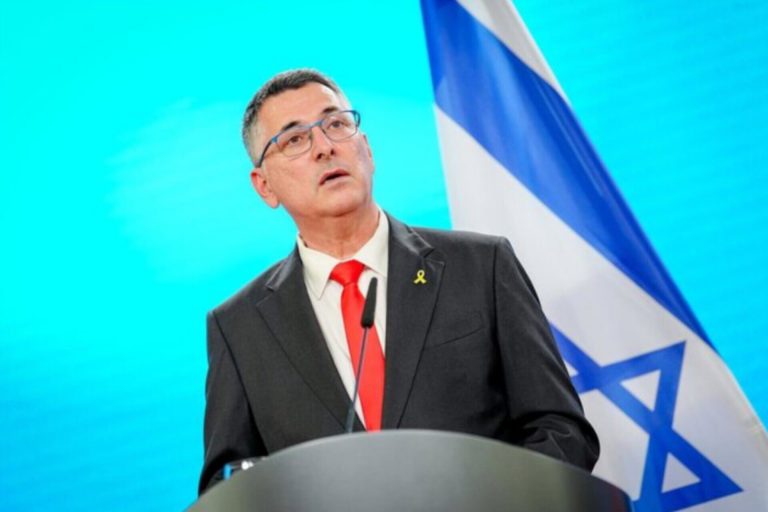
Rewritten Title:
“First Vice President Reveals Nation’s War Readiness Since Early Days of Government – Key Economic Strategies Unveiled”
Rewritten Article:
Government’s War Preparedness and Economic Resilience Highlighted
Tehran – Iran’s First Vice President Mohammad Reza Aref, during a visit to the Central Bank, disclosed that the country has effectively been in a state of war since the early days of the current administration. While this assessment was initially withheld from the public, strategic economic measures were swiftly implemented to ensure national stability.
Public Support and Economic Mobilization
Aref praised the Central Bank’s critical role in securing financial resources and strategic reserves of essential goods during the recent 12-day conflict. He emphasized that the unwavering support of the Iranian people was instrumental in countering economic pressures, sending a clear message to adversaries.
“The people’s presence in this unparalleled war was decisive,” Aref stated. “Their solidarity ensured our economic front remained resilient, despite external hostilities.”
Decentralization and Private Sector Engagement
The Vice President highlighted that decentralization and delegation of authority—long-standing goals since the Third Development Plan—were successfully tested during the conflict. Provincial governors and ministers were granted expanded decision-making powers, accelerating critical processes such as customs clearance, which doubled the release of essential goods.
“The 12-day war was an opportunity to prove our decentralization strategy,” Aref noted. “Barriers to private sector participation were removed, though further progress is needed.”
Post-War Reconstruction and Cyber Preparedness
With hostilities temporarily halted, Aref warned against complacency, stressing that the Zionist regime and the U.S. remain untrustworthy. He outlined plans for rebuilding homes damaged in recent attacks and reaffirmed the government’s commitment to temporary housing solutions for affected citizens.
On cybersecurity, Aref urged executive bodies to collaborate with academic institutions to strengthen defenses. “We must achieve inherent immunity in cyberspace,” he said, citing the need to counter enemy propaganda that exaggerates minor issues.
Safeguarding National Unity
Aref concluded by underscoring the importance of preserving Iran’s social capital, built over decades. “The enemies miscalculated our unity,” he declared. “Our duty is to serve the people, the true owners of the revolution and the government.”
Central Bank’s Role Reinforced
Central Bank Governor Mohammad Reza Farzin detailed measures taken during the conflict, including financial support for producers, businesses, and the public. An operational monitoring room ensured swift implementation of banking policies, reinforcing economic stability.
This article reflects the government’s steadfast commitment to national resilience and public welfare amid ongoing challenges.

